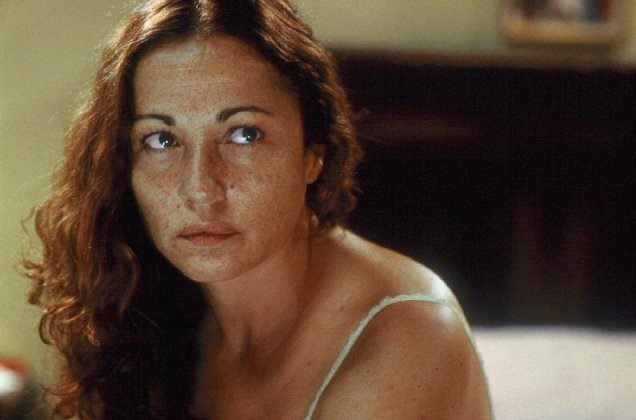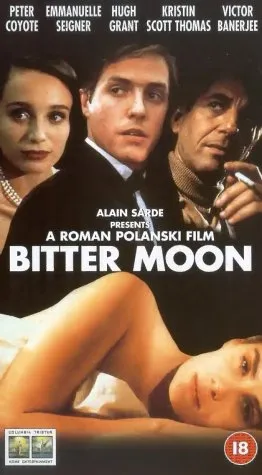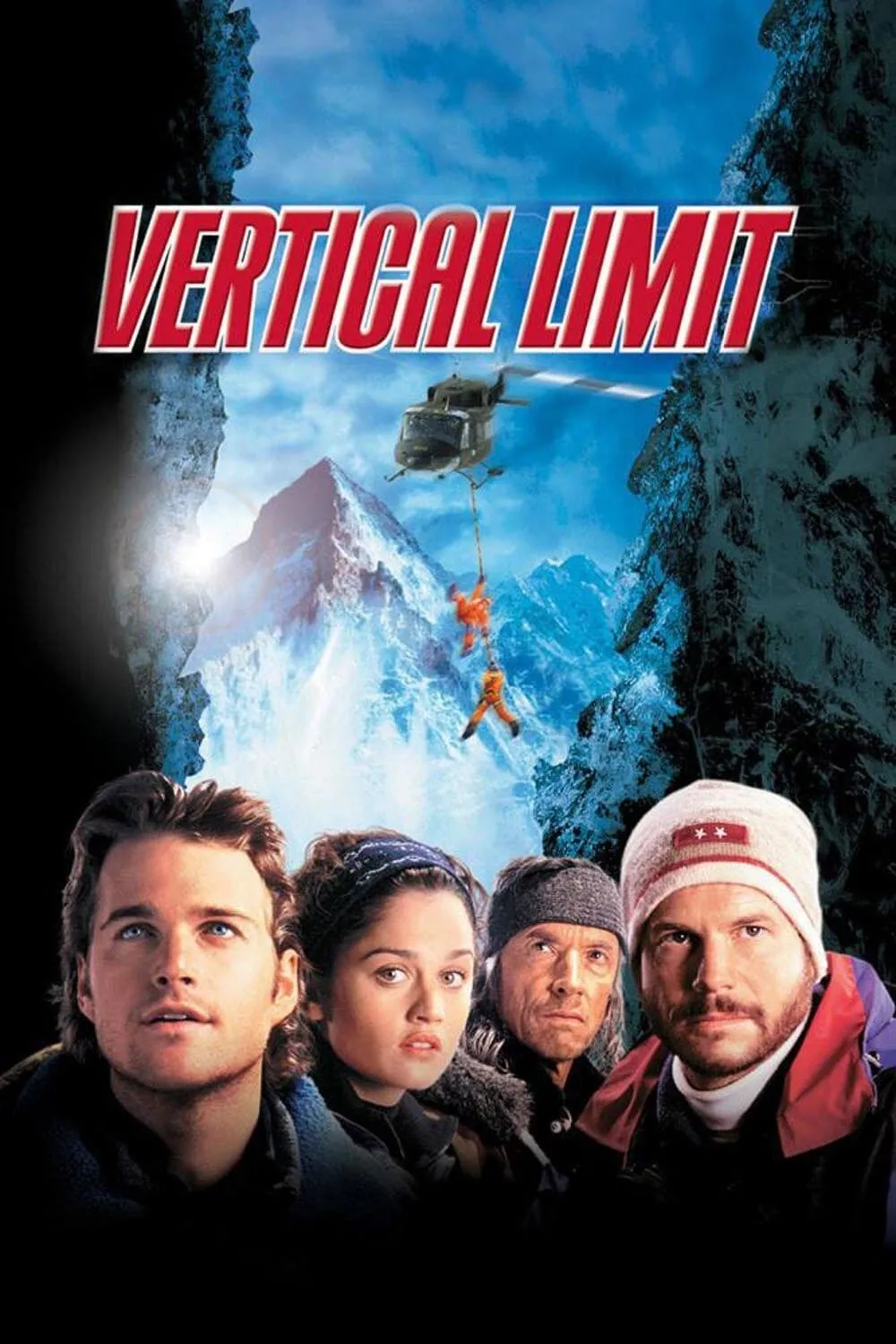Pajarico, directed by Carlos Saura, is a deeply personal and introspective film that gently explores themes of childhood, memory, and emotional growth. Inspired by Saura’s own childhood experiences, the film follows the journey of Manu, a 10-year-old boy sent to the region of Murcia to spend the summer with his extended family while his parents deal with a difficult separation. This setup allows the director to explore a child's inner world with subtlety and sensitivity, avoiding melodrama and instead embracing a tone of quiet reflection.

The film unfolds in the rural landscapes of southeastern Spain, contrasting sharply with the urban life Manu leaves behind in Madrid. This change in environment introduces the boy to a slower, more tactile way of life — one filled with sensory pleasures like homemade food, village rituals, warm family ties, and the timeless rhythm of nature. The rural setting becomes more than just a backdrop; it’s a symbolic space for healing, emotional discovery, and growth. Through this immersion in a different lifestyle, Manu begins to see the world with new eyes.
One of the emotional centers of the story is the relationship between Manu and his cousin Fuensanta. Their connection is tender and innocent, tinged with the sweetness of first love. This unspoken affection adds a layer of emotional depth to Manu’s experiences, capturing the confusion and thrill of early romantic feelings. The film doesn’t dramatize their bond but instead observes it gently, as one of the many subtle awakenings Manu experiences over the course of the summer. This portrayal of emotional innocence is handled with remarkable restraint and authenticity.

Throughout Pajarico, the adult world remains mysterious and slightly opaque to Manu, though its presence is always felt. Characters like his aunts and uncles have their own complex emotional lives, which the boy only partly understands. This blurred boundary between the child’s world and the adult’s hints at a broader theme in the film: the slow and sometimes painful process of growing up and learning that life is not always simple or easy to grasp. Saura captures this with quiet scenes, ambient sounds, and natural performances, using memory as a cinematic tool — not through explicit flashbacks, but through mood, lighting, and framing that evoke recollection.

By the end of the summer, Manu returns to Madrid having undergone an emotional transformation. While the film avoids any dramatic climaxes or overt resolutions, it leaves the viewer with a sense that something profound has shifted within the boy. He has not only escaped the tensions of his parents’ separation but also discovered pieces of himself in the stories, people, and landscapes of Murcia. Pajarico stands as a nostalgic, almost lyrical meditation on childhood — one that celebrates the small, formative moments that leave a lasting impression. Carlos Saura's direction invites viewers to reflect on their own memories and emotional awakenings, making the film both intimate and universal in its resonance.

-1740619421-q80.webp)

